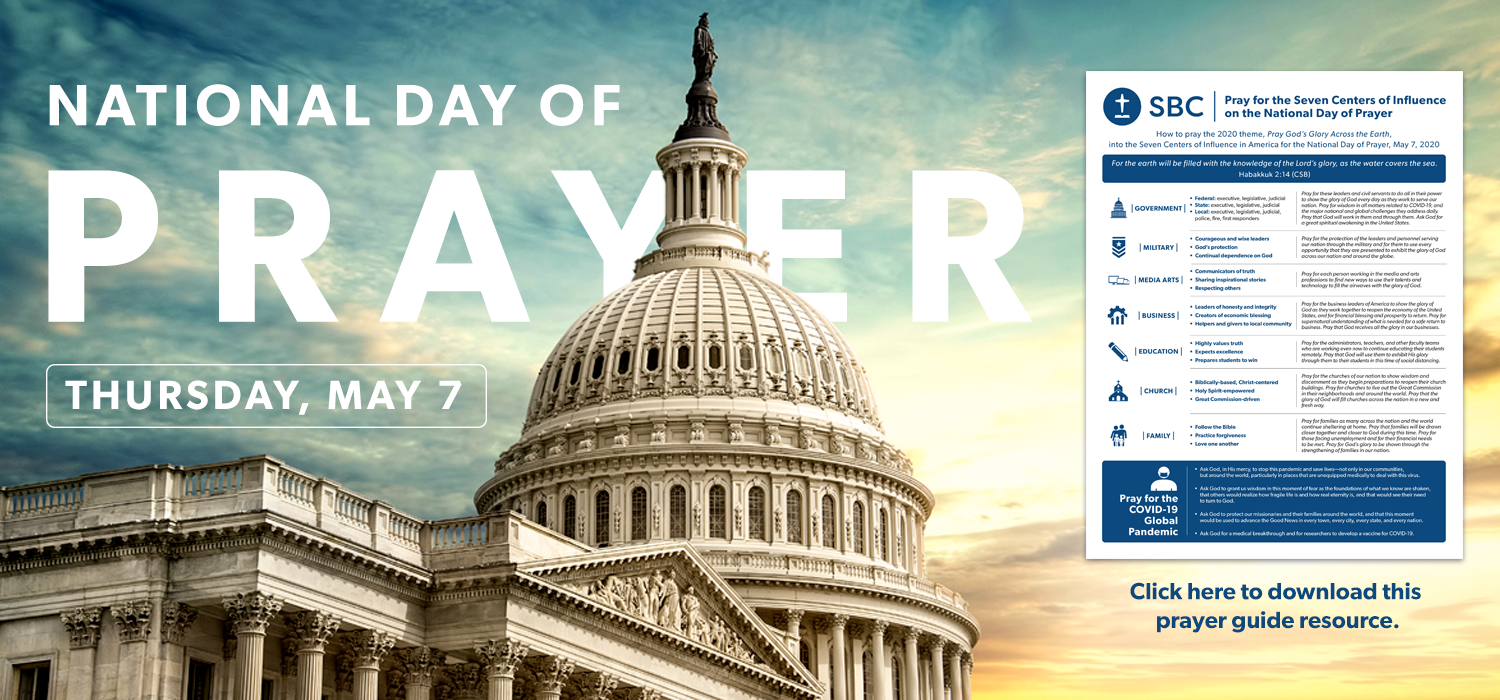
NASHVILLE (BP) — I don’t have any data to back this up, but I don’t really think I need it: It is safe to say that more churches and pastors have used social media to connect with their people in the last three weeks than ever in the history of the Church or the internet. It has been a sight to behold.
I am part of a church social media managers Facebook group with nearly 50,000 members, and the group has been more active the last few weeks than ever. Church staff and volunteers have popped in constantly with questions on social media, live streaming and everything in between. Questions like: “Has your pastor done a Q&A during all of this? How did it go? What did you do?” or “Anyone have any ideas on how to keep a congregation of about 50 people more connected right now?”
In my role at LifeWay, I am responsible for advising our 60-plus social media managers on social media best practices. I meet with all of them over the course of a given month. My advice to them the past few weeks has been this: “It has never been a better time to experiment on social media.”
That is also my advice to you today. It has never been a better time to learn, and grow and experiment on social media. Why? Two basic reasons:
1. More people are using social media than ever
Toward the end of March, Facebook reported that record numbers of people were using their apps — specifically, countries hardest hit by coronavirus had seen a 50 percent increase in messaging on Facebook-owned platforms.
We have seen a serious increase in engagement across almost every active social media account we manage at LifeWay. A lot more people are spending an above-average amount of time on social media. Some folks are doing it because they can’t go to work. Others are doing it because they can’t go to church or other activities.
For a whole host of reasons, more people are scrolling social media platforms than usual. This means that you have more people paying attention to your church social media accounts than ever. When you have a captive audience, it’s the perfect time to try all kinds of experimental content: live Q&As with a pastor or staff member, Facebook Live worship sing-a-longs with the worship pastor, bedtime stories with the children’s minister. Try all kinds of fun content you’ve never tried before to serve your people and see what sticks.
2. Content standards are flexible
The second important ingredient that makes our present time such a great time to learn, grow, and experiment on social media is that social media users’ expectations for content quality are lower than usual.
Local news outlets have anchors reporting traffic and weather from their living rooms. Late-night television hosts are recording shows from their kitchens. NASCAR is airing video-game versions of races in place of the real-life racing that is on hold. All of this is happening and no one is really complaining.
If video production crews that normally run operations in the millions of dollars are making do with a computer and a webcam, your church’s livestream service or Sunday school video quality doesn’t need to be pristine. No one in your congregation expects you to have “virtual church” figured out right now. Don’t put undue pressure on yourself to have everything right all the time.
One of the hallmarks of learning and experimentation is failure. We mustn’t be afraid of failure when we experiment with social media in this time. It is important that we don’t experiment with insensitive, humorous content right now, making light of a tragic situation. But if our new live worship sing-a-long or evening story time doesn’t work as well with our audience as we’d hoped, that’s OK.
Our church families feel more disconnected from one another than ever before. But most of them are probably using social media more than ever before. Let’s all do what we can to serve them with social media content that points them to the Savior of the world, the source of their hope in scary times.
Experiment. Try things you have never tried. Point your people to Jesus and encourage them with God’s Word in innovative ways.























